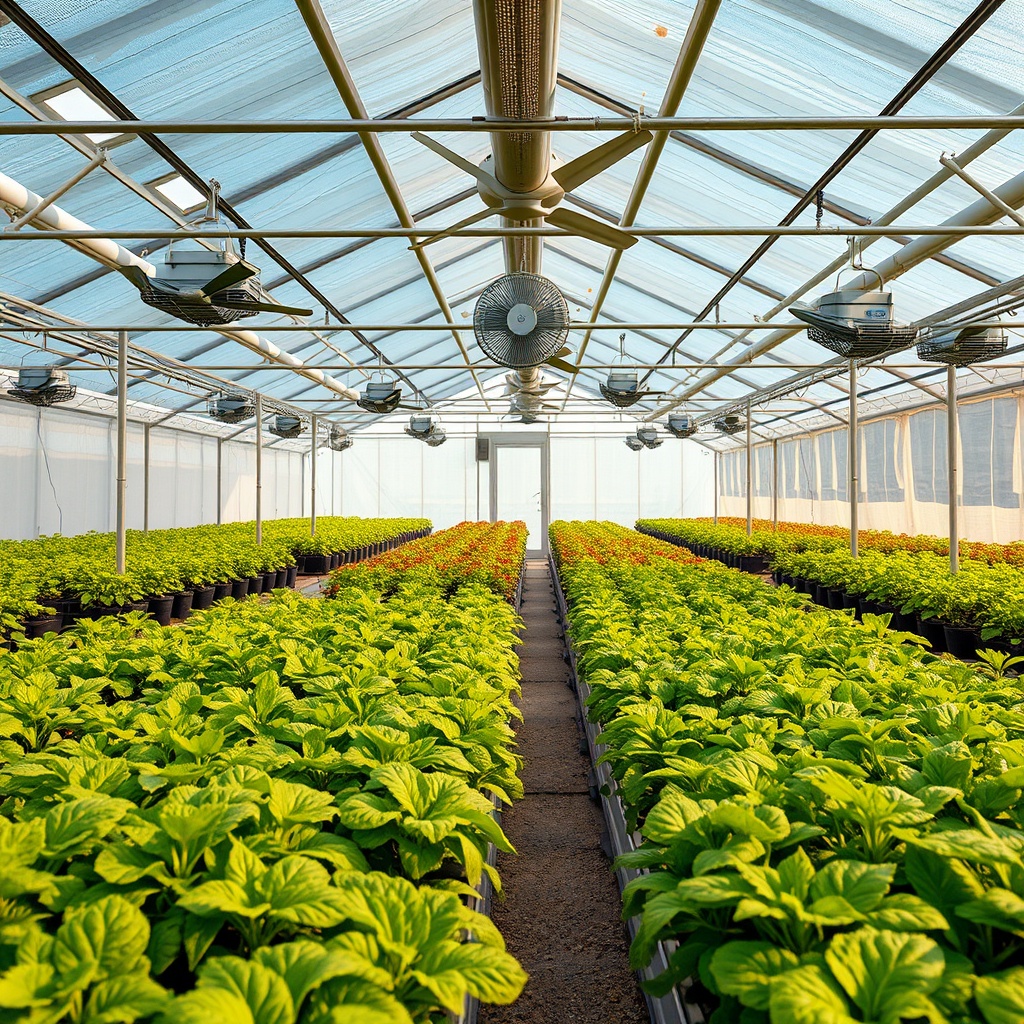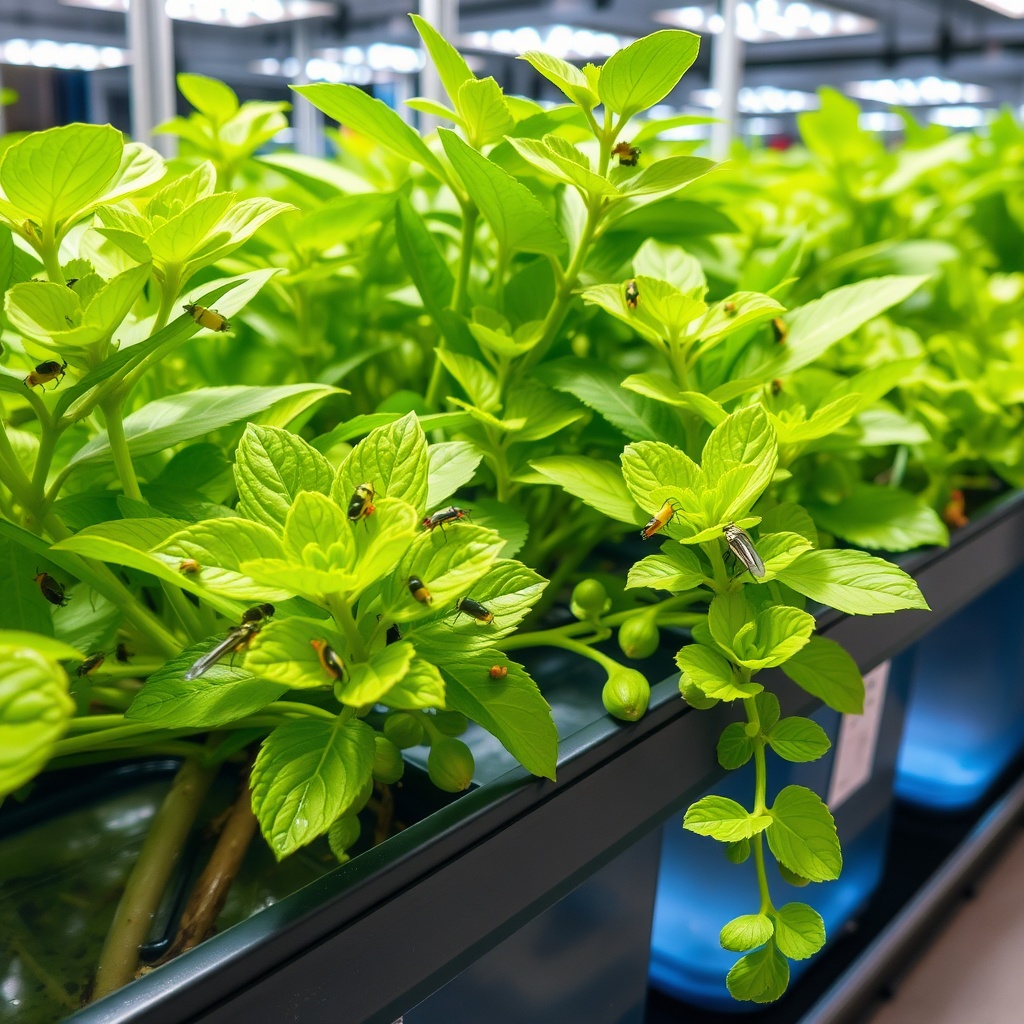In the realm of hydroponics, where soil is absent and nutrients are delivered directly to plant roots, the concept of beneficial bacteria emerges as a game-changer. These microscopic allies, often overlooked, play a pivotal role in enhancing plant immunity, promoting growth, and ensuring a bountiful harvest. Understanding how these bacteria function within hydroponic systems can significantly alter the approach to sustainable agriculture.
Understanding Beneficial Bacteria
Beneficial bacteria are microorganisms that offer a myriad of advantages to plants. They enhance nutrient availability, help in the breakdown of organic matter, and, most importantly, bolster plant immune responses. By colonizing plant roots, these bacteria create a protective barrier against pathogens, reducing the risk of disease and stress. This symbiotic relationship not only aids in nutrient uptake but also fosters a resilient plant system capable of thriving in various conditions.
The Role of Beneficial Bacteria in Hydroponics
In hydroponic systems, the absence of soil means that the dynamics of plant growth are entirely reliant on nutrient solutions. Beneficial bacteria help bridge this gap by establishing a micro-ecosystem that supports plant health. They contribute to:
- Improved Nutrient Uptake: Certain bacteria can convert nutrients into forms that are more accessible to plants, ensuring optimal growth and productivity.
- Enhanced Disease Resistance: By outcompeting harmful pathogens and activating plant defense mechanisms, beneficial bacteria significantly reduce the incidence of diseases.
- Stress Reduction: Plants exposed to beneficial bacteria tend to exhibit lower stress levels, promoting overall vigor and resilience.
These factors culminate in healthier plants capable of yielding higher returns, making beneficial bacteria an invaluable asset in hydroponic farming.
Implementing Beneficial Bacteria in Your Hydroponic Setup
Integrating beneficial bacteria into hydroponic systems is both an art and a science. Here are essential steps to maximize their impact:
- Choose the right bacterial strains tailored to your specific crop needs and environmental conditions.
- Inoculate your nutrient solution or growing medium with these beneficial bacteria at the appropriate growth stages.
- Monitor pH and nutrient levels regularly, as these factors can influence bacterial activity and efficacy.
- Maintain optimal temperature and humidity conditions to encourage bacterial growth and colonization.
By following these guidelines, hydroponic growers can harness the power of beneficial bacteria, leading to enhanced plant immunity and overall productivity.




